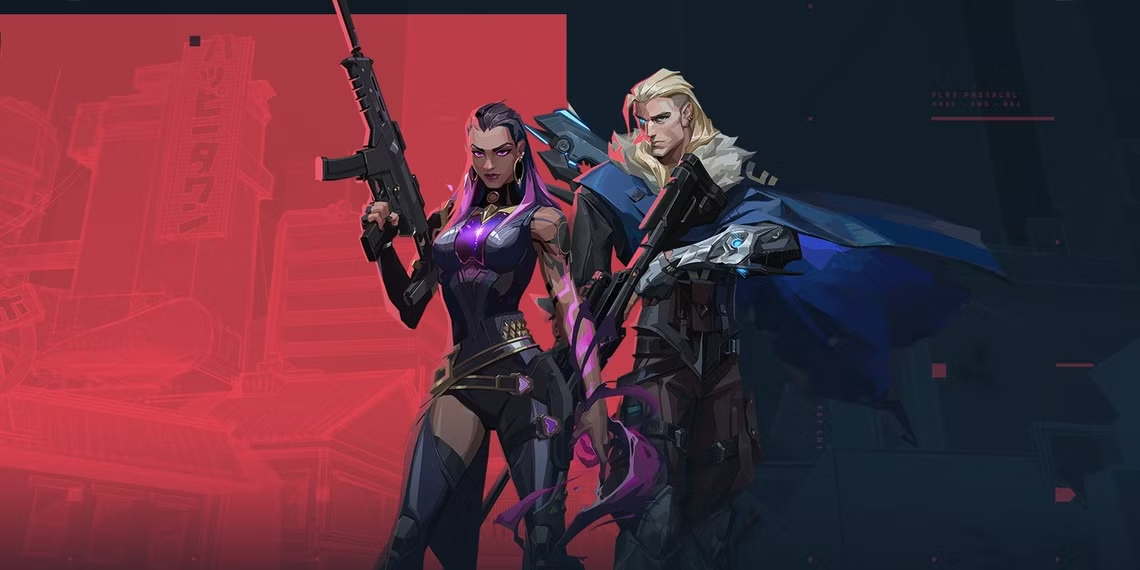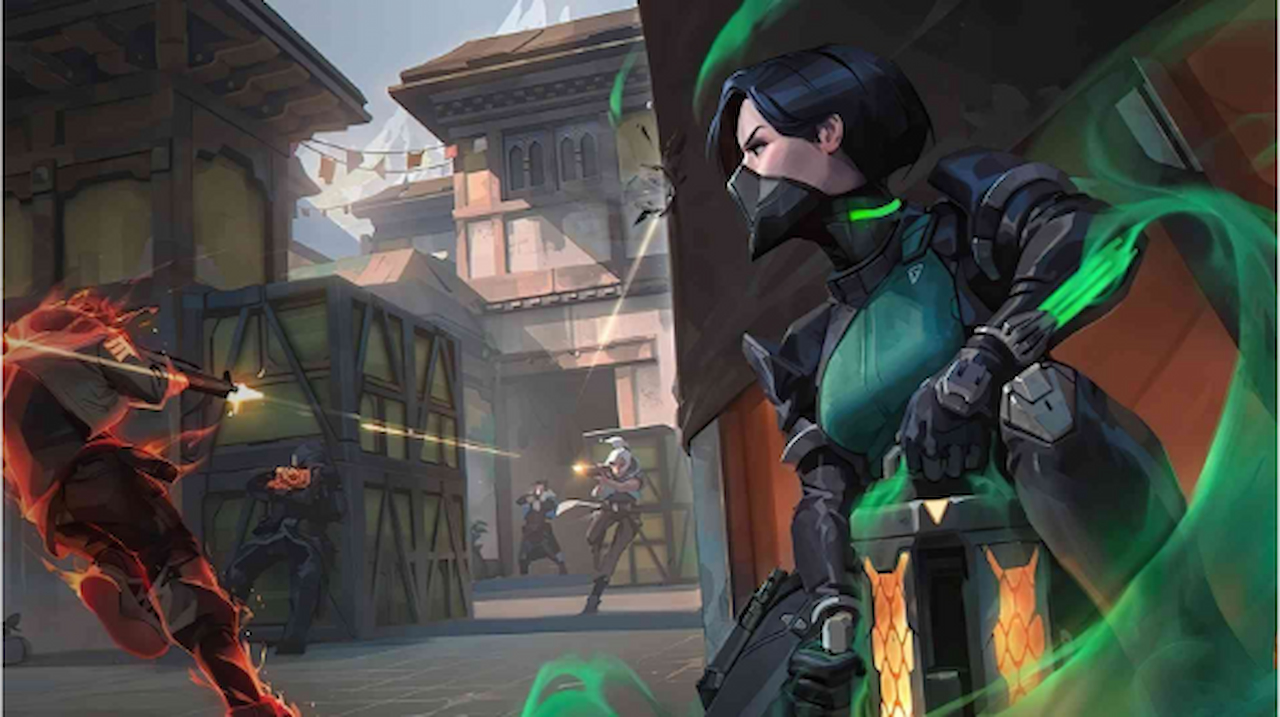Valorant is a battleground of precision, perseverance, and pulse-pounding plays. However, some experienced players engage in controversial matchmaking practices where they use smurf Valorant accounts (secondary accounts used by professional players) to flaunt their pro-level skills, thereby outperforming other competitors. This is otherwise known as smurfing, and many players despise it.

To be more explicit, Smurfing, for the uninitiated, isn’t some quirky blue fantasy. It’s when a highly skilled, high-ranked player sets up a low-level account to wreak havoc in matches meant for beginners or less experienced players. In other words, it’s like bringing a bazooka to a fistfight—and then flexing afterward. This often results in a gameplay experience that feels more punishing than thrilling, especially for those still struggling to learn the game or climb the competitive ladder legitimately.
This behavior has become increasingly common, raising serious concerns about fairness, matchmaking integrity, and the emotional toll on players.
The Unseen War: Why Smurfing Wrecks the Valorant Experience
Valorant is built on the principle of evenly matched teams clashing in fierce, strategic firefights. But when a smurf enters that arena, the scales tilt drastically. Imagine diving into your placement matches with excitement, only to be decimated by someone who lands headshots with the casual ease of breathing. That’s what smurfing feels like—and it’s no exaggeration.
Smurfs often dominate the scoreboard with astronomical K/D ratios, effortlessly reading the map, predicting your every move, and fragging out like it’s their job. That’s because, in many cases, it is. Some smurfs are streamers or pros seeking content; others are boosters or simply bored veterans. Regardless of the motivation, the impact is remains the same: frustration, skewed progression, and a rising tide of toxicity.
What makes it worse? Smurfs sometimes bring an air of arrogance, taunting opponents, or throwing games for amusement. When your opponents aren’t just better but mocking you for trying, it’s no longer a learning curve—it’s a mental cliff.
Is Smurfing Bannable in Valorant?
Riot Games has made its stance pretty clear: smurfing is not just frowned upon—it attracts serious consequences. While the company acknowledges that some players unintentionally smurf (e.g., playing with lower-ranked friends), deliberately using smurf Valorant accounts to exploit lower-skilled players is considered a violation of fair play.
The punishment for smurfing can be swift and severe. The player can be suspended temporarily or even banned permanently, depending on the scenario. Their automated systems, combined with community reports and player behavior tracking, make it increasingly risky for smurfs to hide behind fake ranks.
To Riot, every match should be a genuine test of skill, not a feeding frenzy for those looking to inflate their egos.
How to Spot the Smurf and Fish Out the Hidden Predators
You can identify smurfs by looking at them; they don’t wave a warning flag, but they always leave a trail. If you’re in a game where one player seems suspiciously good, like suspiciously, then check for these things:
- Check the player’s Account Level: Confirm of the player who is playing professionally has a low account or a new profile. If so, then raise an alarm.
- Check the player’s kill rate: If the player is a beginner but has a high Kill-to-Death Ratio, it’s suspicious. Imagine a player doubling the second-top fragger and barely dying—it’s a red flag.
- Check the player’s accuracy and movement: If the player easily achieves perfect movement and Crosshair Placement. Elite muscle memory normally betrays a pro-level player masquerading in Bronze.
Riot encourages players to report suspected smurfs directly. You can navigate to the Match History, select the match in question, and click the Report button. Select “Smurfing” as your reason, and drop a quick description.
The idea is not about catching and punishing cheaters—it’s about upholding the integrity of Valorant for everyone.
How to Survive When You Know You’re Up Against a Smurf
Facing a smurf can feel like punching a brick wall, but don’t let it break your spirit. Every encounter is still a chance to learn and adapt. And believe it or not, there are ways to level the emotional playing field—even if the in-game odds feel stacked.
- Play With Friends: Queueing with a full squad not only helps you coordinate but adds emotional support when things get tough.
- Focus on Your Improvement: Track your aim, positioning, and utility use. Even if you lose, refining your skills pays dividends.
- Stay Composed: Smurfs thrive on disrupting the mood. Keep your cool, don’t flame teammates, and play with intention.
- Report and Move On: You’ve done your part. Let Riot handle the rest.
The Valorant community, when unified, has immense power to push back against toxic behaviors, including smurfing.
The Smurf Economy: Why Players Buy Smurf Accounts
While many smurfs create accounts manually, others buy them outright. Online marketplaces have capitalized on this demand, offering users Valorant accounts that are ready to deploy in lower-ranked matches. These accounts allow players to bypass MMR-based matchmaking, sneak into easier lobbies, and “flex their superiority.”
It’s worth noting: that Riot is actively cracking down on account sellers, and using a purchased account risks not only bans but also potential blacklisting. But that hasn’t stopped the demand.
Interestingly, some players seek smurf accounts not to dominate but to experiment with playstyles, learn new agents, or enjoy a break from sweaty Radiant queues. While intention matters, the impact on the community remains significant.
Customize Your Legend Using Valorant Skins and Status
If you’re not smurfing but still want to express your style, Valorant skins offer a legitimate way to make your mark. These high-quality weapon cosmetics don’t affect gameplay, but they do command attention. Skins give players identity, pride, and presence in every match.
Plus, if you’re recording content, streaming, or just love flexing flair, skins are your signature. Unlike smurfing, they’re a way to stand out without stepping on others.
And yes, many smurfs load up on flashy Valorant skins too, often as a twisted way to intimidate. But don’t let that deter you—your skins are your statement, earned or bought with pride, not stolen wins.
Don’t be the Pretender in Valorant’s Arena
Smurfing isn’t just a gameplay nuisance—it’s a stain on Valorant’s competitive spirit. It undermines fairness, discourages new players, and disrupts the experience for the entire community. But the good news? Riot is vigilant, and the community is waking up.
Whether you’re reporting smurf Valorant accounts, mastering your aim, or collecting legendary Valorant skins, you’re contributing to a game that values real skill and respect.
So hold your ground. Learn. Report. Improve. And above all—play with honor.
Because Valorant isn’t a playground for bullies, it’s an arena for legends.



